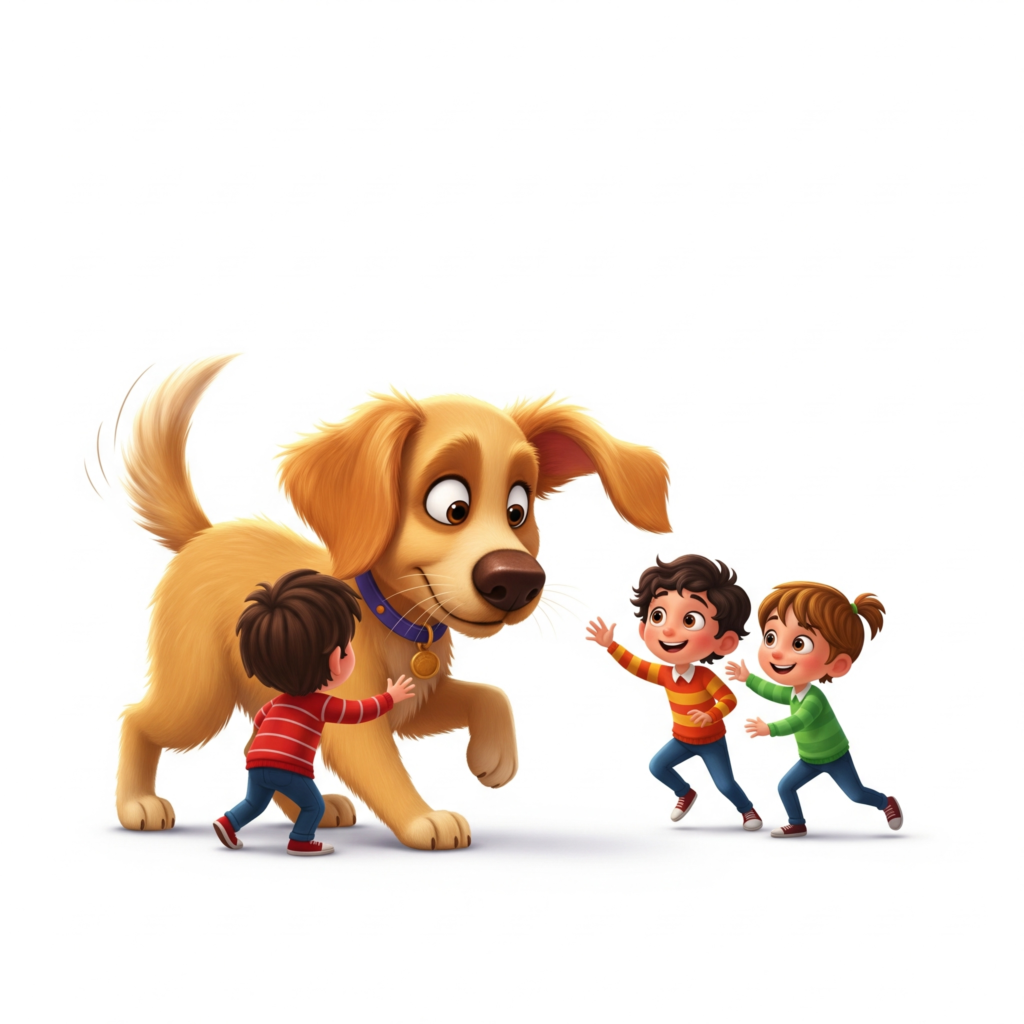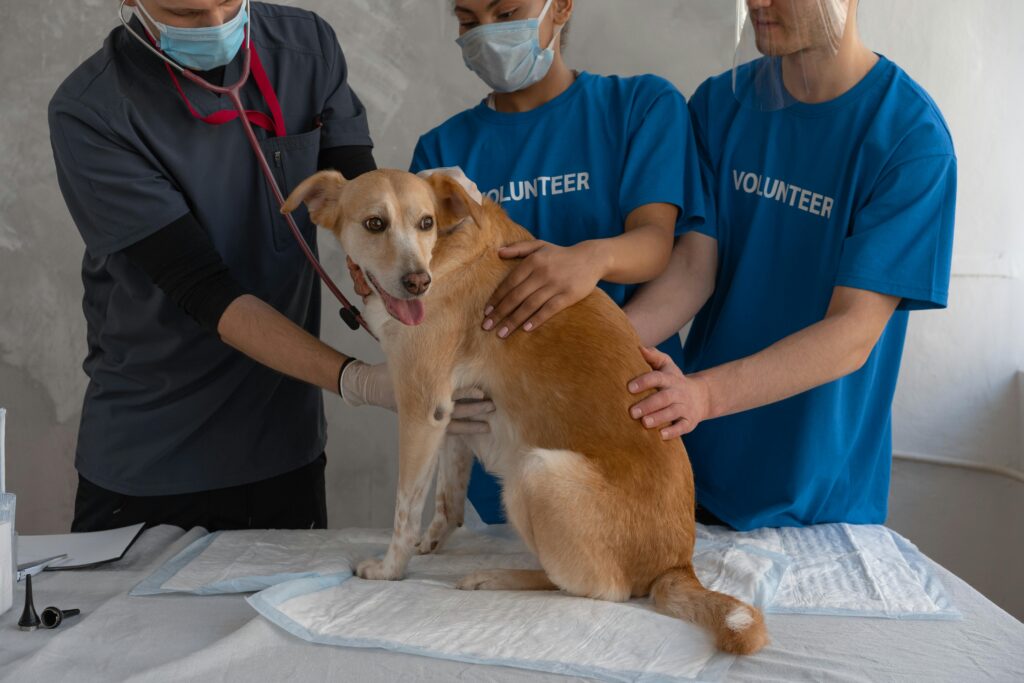
Weekend visits from family or friends can be exciting for you, but they might be overwhelming or confusing for your puppy. Puppies thrive on routine, and new faces, smells, and sounds can cause stress if not introduced properly. Helping your puppy adjust to new weekend family guests is all about preparation, patience, and positive associations.
Create a Calm and Familiar Environment
Before your guests arrive, ensure your puppy’s living space feels safe and predictable. Keep their bed, toys, and food area untouched so they have a familiar retreat. A consistent environment helps reduce anxiety when other parts of the home feel unfamiliar or loud.
Introduce New Guests Slowly
Puppies often react to new people with curiosity or nervousness. Allow your puppy to approach guests on their own terms. Avoid forced interactions. Ask guests to remain calm, avoid direct eye contact at first, and let the puppy sniff and explore freely.
Use Treats to Build Positive Associations
Stock up on your puppy’s favorite training treats. Whenever your puppy remains calm near new guests, reward them with praise and a small treat. You can also have guests offer treats once your puppy appears relaxed. This helps create a positive connection between your puppy and the new people in their environment.
Maintain Routine as Much as Possible
Even with guests around, try to stick to your puppy’s regular schedule. This includes feeding times, potty breaks, play sessions, and naps. A predictable routine provides stability during social changes and helps your puppy feel secure.
Create a Quiet Retreat Space
If your puppy becomes overstimulated or tired, have a quiet room or corner where they can relax away from the activity. Place their crate or bed in this area and let them retreat whenever they need rest or a break from guests.
Teach Guests How to Interact with Your Puppy
Not everyone knows how to behave around a young dog. Gently explain your puppy’s comfort level, preferred type of interaction, and any boundaries you’ve set (like no jumping or rough play). This helps avoid accidental scares or bad habits.
Watch for Stress Signals
Be aware of signs of stress like yawning, lip licking, hiding, pacing, or excessive barking. If you notice these, calmly guide your puppy to their quiet zone and allow them to rest. Avoid punishing nervous behavior — instead, support their emotional comfort.
Practice Before Big Gatherings
If possible, schedule small visits with one or two guests before hosting larger weekend gatherings. This gradual exposure helps your puppy learn that visitors are not a threat and can even be fun.
Consistency Builds Confidence
With each weekend visit, your puppy will become more comfortable with the idea of guests. Over time, they’ll associate these moments with rewards, fun, and new opportunities to socialize — not fear or confusion.
Final Thoughts
Helping your puppy adjust to new weekend family guests is a valuable part of their social development. By introducing people gradually, rewarding calm behavior, and maintaining a routine, you’re teaching your puppy how to feel safe and confident in a changing home environment.
For more real-life puppy tips and owner guidance, explore our resources at PetsDogPuppy — your trusted companion in every stage of puppy parenthood.

